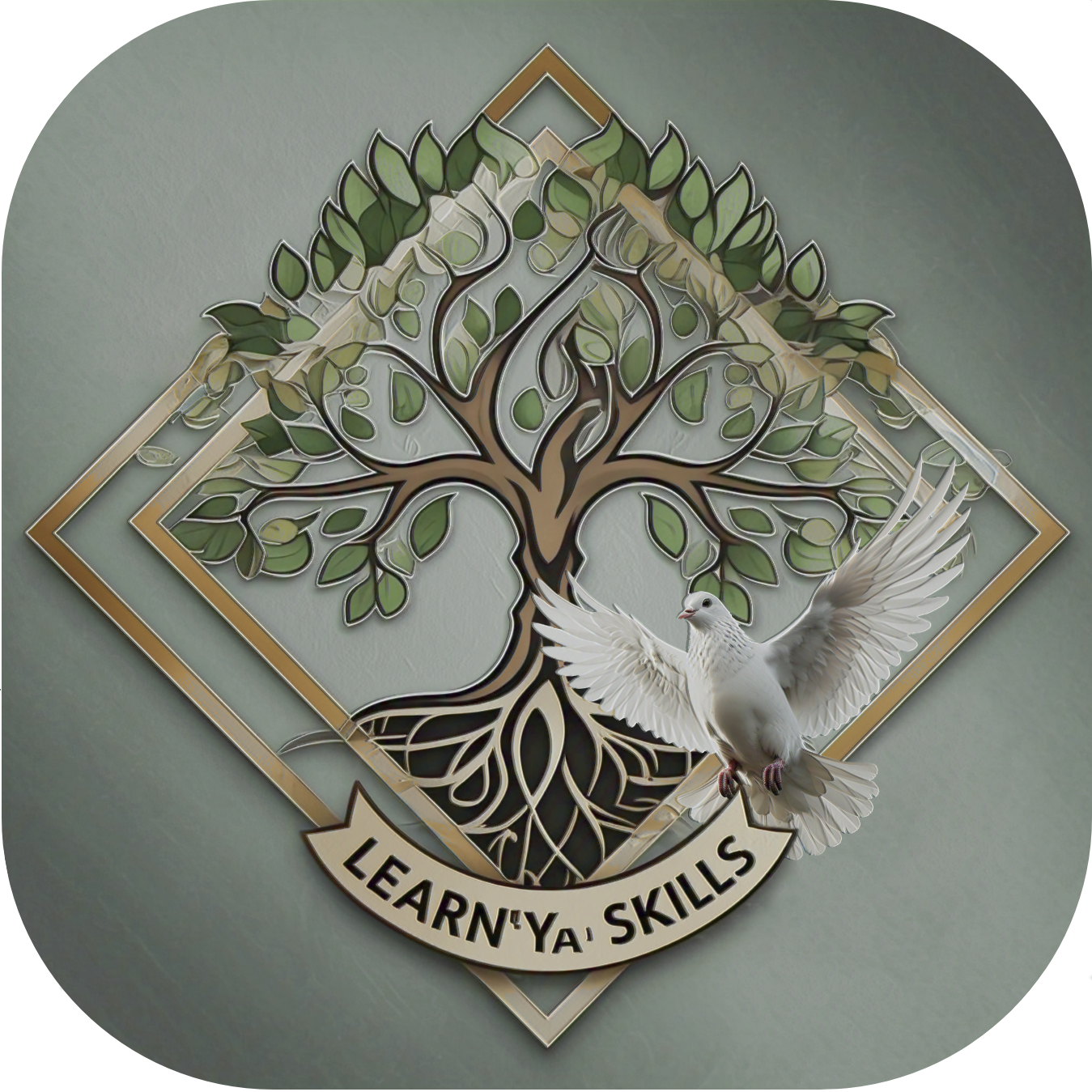Emotional Intelligence: Mastering the Art of Emotional Awareness and Connection
R200
This course aims to equip learners with practical emotional intelligence skills to enhance self-awareness, improve relationships, make better decisions, and navigate life’s challenges with greater wisdom and effectiveness.
Description
Emotional Intelligence: Mastering the Art of Emotional Awareness and Connection
Purpose
This course aims to equip learners with practical emotional intelligence skills to enhance self-awareness, improve relationships, make better decisions, and navigate life’s challenges with greater wisdom and effectiveness.
Rationale
In today’s complex world, emotional intelligence has become as crucial as technical skills or IQ. While IQ remains relatively fixed, emotional intelligence can be developed throughout life. Research shows EI explains approximately 60% of job performance across industries, with 90% of top performers scoring high in emotional intelligence. Beyond professional success, EI significantly impacts personal well-being, relationship quality, decision-making, and stress management. This course addresses the critical gap in emotional education, providing practical tools to develop these essential life skills.
Target Audience
This course is designed for adults of all backgrounds who wish to enhance their personal and professional effectiveness through improved emotional intelligence. It’s particularly valuable for:
- Professionals seeking to advance their careers and leadership capabilities
- Individuals looking to improve personal relationships and communication
- Anyone experiencing challenges with stress management or emotional regulation
- People interested in personal development and self-awareness
Course Layout
Lesson 1: Definitions and Importance of Emotional Intelligence
Lesson Purpose: To establish a foundational understanding of emotional intelligence, its scientific basis, and its significance across multiple life domains.
Key Topics Covered:
- Core definitions of emotional intelligence and how it differs from IQ
- The neurobiological basis of emotional intelligence
- Daniel Goleman’s five key components: self-awareness, self-regulation, motivation, social awareness, and social skills
- The critical importance of EI in personal development, relationships, decision-making, stress management, and professional success
- Real-world examples demonstrating emotional intelligence in action
- Practical application: Developing emotional awareness through journaling
Lesson 2: Key Skills for Emotional Intelligence
Lesson Purpose: To explore the four core domains of emotional intelligence and provide practical ways to develop each skill.
Key Topics Covered:
- Self-Awareness: Understanding yourself, recognizing emotions and their triggers
- Self-Management: Handling emotions effectively, regulating responses
- Social Awareness: Understanding others through empathy and active observation
- Relationship Management: Navigating interactions effectively using all EI skills
- Practical exercises for developing each skill
- Application scenario: Navigating a challenging team meeting using EI skills
Lesson 3: Common Techniques to Enhance Emotional Intelligence
Lesson Purpose: To provide specific, actionable techniques that can be practiced daily to strengthen emotional intelligence capabilities.
Key Topics Covered:
- Understanding and identifying your emotions: Moving beyond basic labels
- Practicing the power of pause: Creating space between trigger and response
- Practicing active listening: Focusing completely on understanding others
- Asserting your needs using “I need” statements: Communicating emotions effectively
- Identifying your triggers: Learning from emotional reactions
- Reflective exercise to identify which techniques resonate most
- 7-day technique practice plan for real-world application
Lesson 4: Step-by-Step Guide to Implementation
Lesson Purpose: To provide a structured approach to implementing emotional intelligence in real situations, transforming understanding into meaningful behavioral change.
Key Topics Covered:
- Eight-step implementation process:
- Acknowledge and identify emotions
- Accept and explore emotions
- Pause before reacting
- Choose responses based on values
- Practice effective communication
- Seek to understand others
- Manage relationships effectively
- Learn from experiences and triggers
- Best practices for implementation: consistency, stress management, sleep, environment
- Potential challenges and solutions
- Practical application exercise: Reflecting on emotional experiences
This comprehensive course combines theoretical understanding with practical application, ensuring learners develop tangible emotional intelligence skills they can apply immediately in






